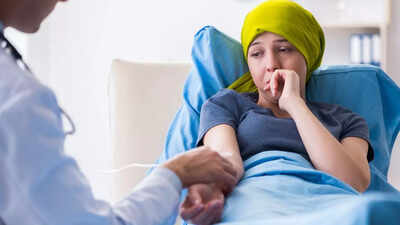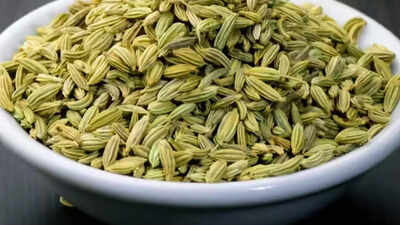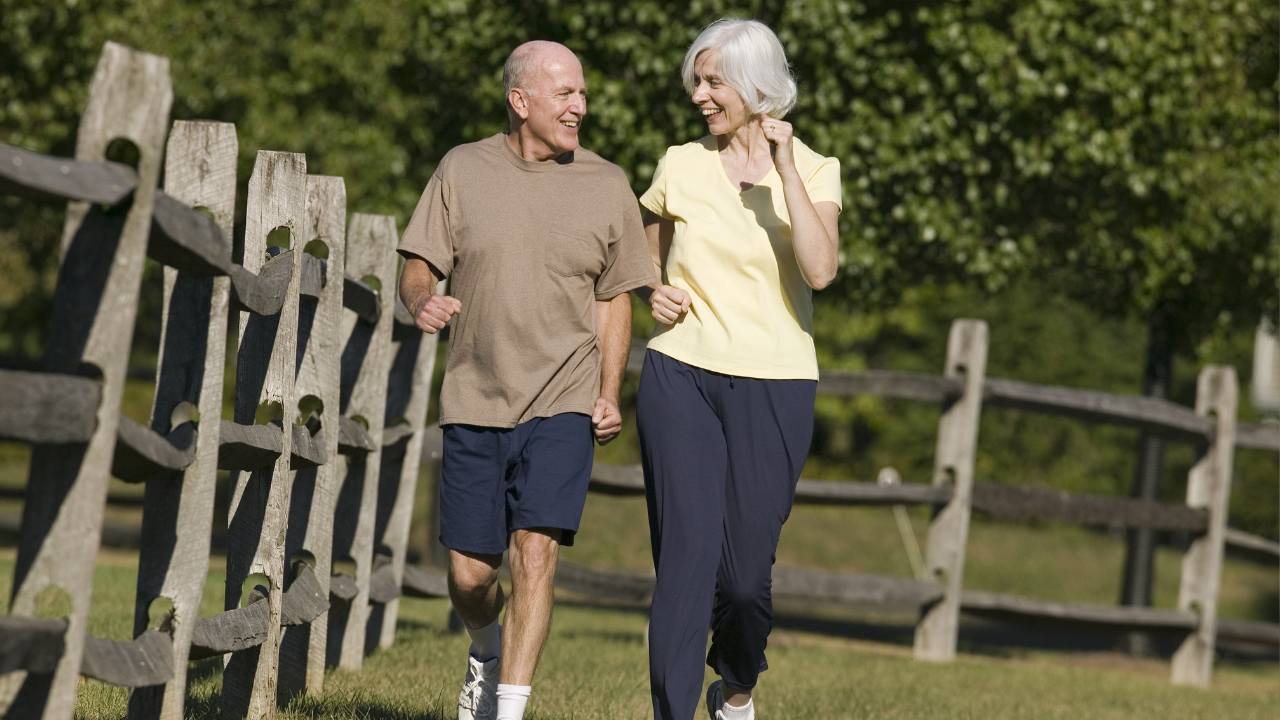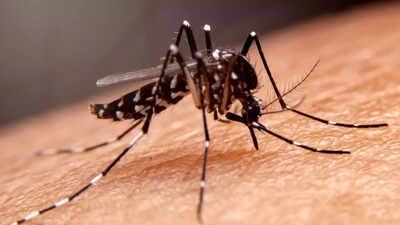When you’re undergoing cancer treatment, food isn’t just about taste, it’s a vital part of your healing process. The right diet can help you feel stronger, manage side effects, and support your body’s recovery. Certain foods can help rebuild tissues, boost immunity, and maintain energy levels. On the other hand, some foods may worsen nausea, cause digestive discomfort, or increase the risk of infection. Knowing what to eat and what to avoid, can make a real difference in how you feel during treatment.
Foods to add to your cancer diet
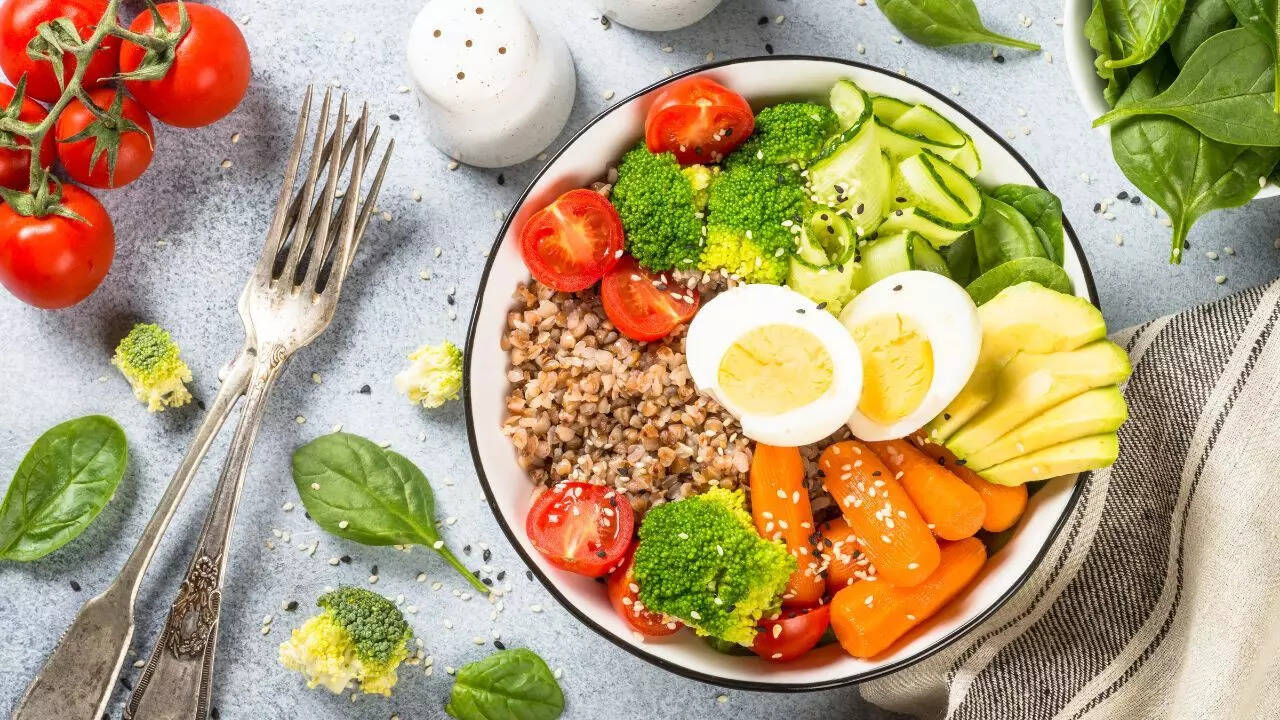
A balanced, nutritious diet plays a powerful role in your recovery during and after cancer treatment. It can help you feel stronger, improve your energy levels, support your immune system, and reduce the side effects of treatment. Here’s how to care for your body through food.
Focus on protein
During cancer treatment, your body needs extra protein to repair tissues and maintain muscle strength. Including foods like fish, skinless chicken or turkey, eggs, Greek yogurt, lentils, and tofu in your meals can help meet these needs. Try to include a source of protein with every meal, as it supports healing and helps you stay fuller for longer.
Eat a variety of fruits and vegetables
Fruits and vegetables are rich in antioxidants, vitamins, and minerals that are essential for recovery. Aim to include a variety of colors on your plate, each color brings different health benefits. For easier digestion and to reduce the risk of bacterial infection, it’s best to eat well-cooked vegetables and peeled fruits, especially when your immune system is low.
Choose whole grains for energy
Whole grains such as brown rice, oatmeal, quinoa, and whole-wheat bread provide steady, long-lasting energy. They also offer fiber, which supports healthy digestion and helps prevent constipation, something that can be a side effect of certain cancer treatments.
Foods to limit or avoid
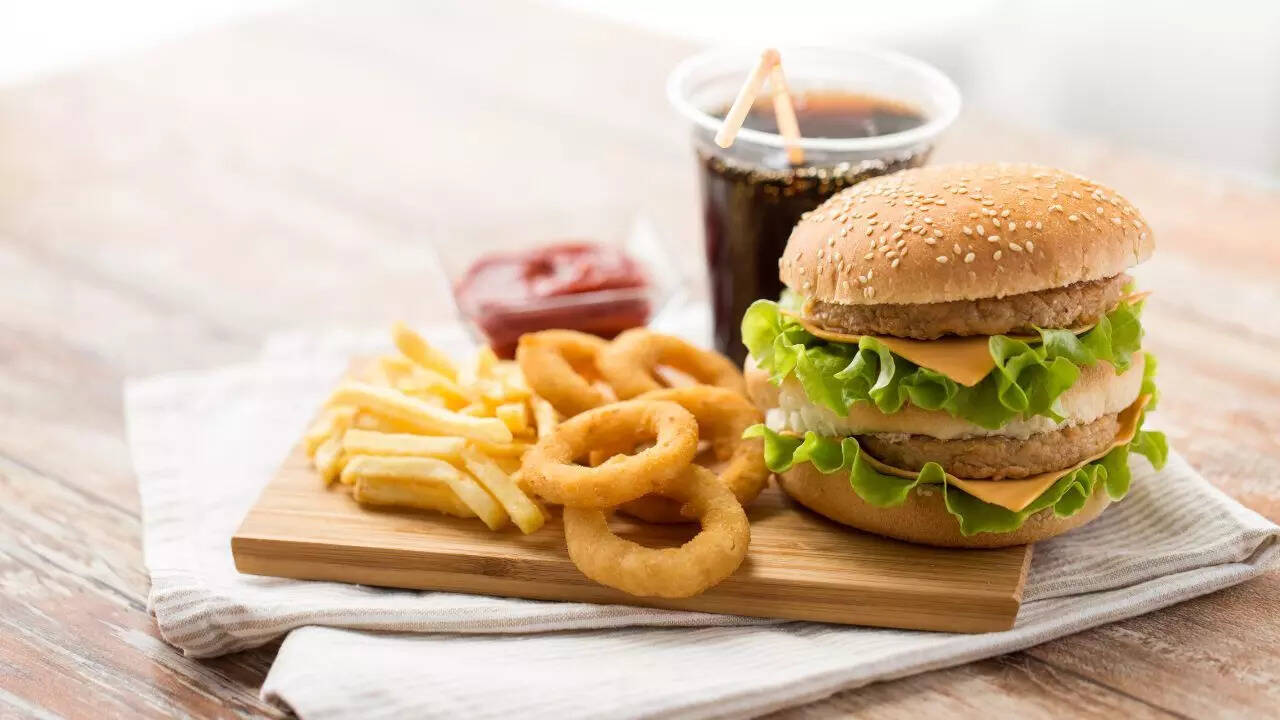
While nourishing your body with healthy foods is important, avoiding certain types of food is just as crucial, especially during cancer treatment when your immune system is compromised, digestion may be sensitive, and energy levels can vary. Below are three major food categories to watch out for:
Greasy and fried foods
High-fat, fried foods such as french fries, fried chicken, and oily snacks can be hard on your stomach, especially if you’re dealing with nausea, acid reflux, or a reduced appetite. These foods may slow digestion and leave you feeling bloated or uncomfortable. During treatment, your digestive system is often more sensitive, so opting for baked, grilled, or steamed versions is a better choice.
Raw or undercooked foods
Foods like sushi, rare meats, runny eggs, raw sprouts, and unpasteurized milk or cheese carry a higher risk of foodborne illness. For someone undergoing chemotherapy or radiation, even a mild infection from these foods can become serious due to a weakened immune system. It’s best to ensure all animal products are fully cooked, and that fruits and vegetables are either well-washed, peeled, or cooked.
Highly processed foods
This includes items such as processed meats (like sausages, bacon, and deli slices), sugary cereals, packaged chips, cookies, sodas, and ready-made frozen meals. These products often contain high levels of added sugar, sodium, preservatives, and unhealthy fats. Not only do they offer little nutritional value, but they can also contribute to inflammation, blood sugar spikes, and fatigue, all of which can interfere with recovery. Instead, choose fresh, whole foods whenever possible.
Helpful tips for eating during treatment
If you’re struggling with appetite or nausea, eating small, frequent meals throughout the day can be easier than trying to eat large portions. Staying hydrated is essential, so try to drink plenty of water, herbal teas, or clear broths. When solid food is hard to manage, smoothies, soups, or soft, nutrient-rich snacks can be good alternatives. If you experience mouth sores or changes in taste, cool and soft foods may be more comfortable to eat than hot or spicy dishes.
Listen to your body
Everyone’s experience with cancer treatment is different. Pay attention to what your body is telling you and adjust your diet as needed. Eating should not be stressful, focus on what you can tolerate and what makes you feel better.Whenever possible, consult a registered dietitian who specializes in cancer care. They can help you create a meal plan tailored to your specific needs, preferences, and treatment.
Tips for eating during treatment
If you’re struggling with appetite, try eating small, frequent meals instead of large portions. Staying hydrated is also very important, drink plenty of water, clear broths, or caffeine-free herbal teas. When solid foods are hard to tolerate, consider smoothies, soups, or soft, nutrient-dense snacks. If you’re dealing with mouth sores or changes in taste, cooler and softer foods are often easier to manage than hot or spicy ones.Cancer treatment can affect your body in many ways, and nutrition is a key part of your recovery journey. A thoughtful, well-balanced diet not only helps you feel better but also gives your body the tools it needs to heal. Everyone’s experience is different, so pay attention to how your body responds and adjust your diet accordingly.If possible, speak to a registered dietitian who has experience working with cancer patients. They can help you create a personalized nutrition plan that supports your treatment and recovery. Remember, every bite you take toward better health is a step forward in healing.Also read| Matcha during periods: A green cup to beat the red week blues

